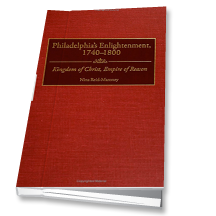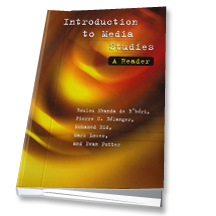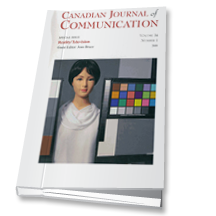
Nina Reid Maroney
2001, Greenwood Press
Kingdom of Christ, Empire of Reason
Rather than deal with the Great Awakening and the Enlightenment as defining of opposites in the american culture of the Eighteenth century, this study argues that the imperatives of the great revival were in fact shaped by the pursuit of science-informed. Reid-Maroney traces the stories intertwining of the two movements in rebuilding the intellectual world of the " circle of Philadelphia ". The prophets of the Lights had long tried to solve pressing questions about the limits of human reason and the sources of our knowledge of the created order of things. The leaders of the Awakening have addressed these issues with a new urgency and, in doing so, have determined the character of the Enlightenment emerged in the popular culture of science of Philadelphia.
Tracing the influence of the sensitivity of the gospel and the development of a parallel calvinist to the philosophical skepticism of the Scottish lit, Reid-Maroney finds that "the love of science" Philadelphians was based on a radical critique of human reason, even though it recognized that the reason was " property dignified and distinctive of human nature ". Benjamin Rush was referring to an enlightenment, brought about by the grace in his image of the Kingdom of Christ and of the Empire of Reason. In the post-revolutionary period, the Lights redemptive of the circle of Philadelphia have reached their greatest cultural power as a vision of scientific progress in the new republic.




